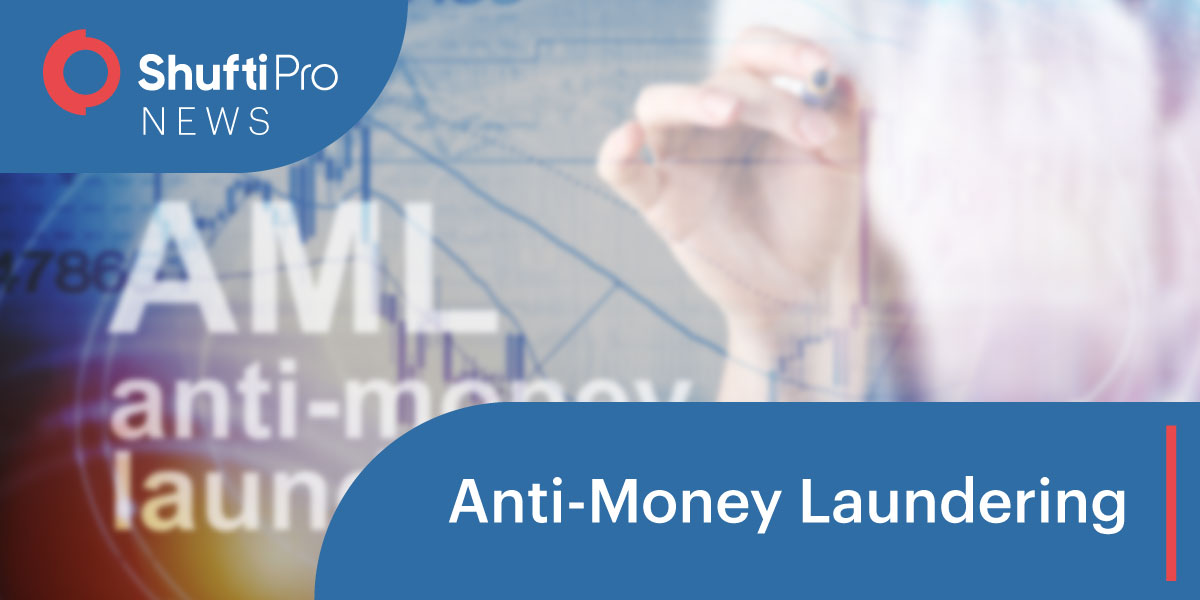News
DIA Warns Auckland Real Estate for Lax Money Laundering Prevention
The department of Internal Affairs has issued a formal warning to Auckland’s real estate company ...
 Explore More
Explore More
News
Facebook affirms Libra commitment with new job openings
According to the Irish Times. Facebook is planning to hire 50 people for its payment app Calibra ...
 Explore More
Explore More
News
Financial Inclusion Group Proposes User-centric Digital ID, Biometric KYC Policy Model
According to the AFI model, digital IDs and biometric KYC verification must be deployed by busine...
 Explore More
Explore More
News
BSP Seeks to Tighten Rules on Reporting ML/TF Threats
The Bangko Sentral ng Pilipinas (BSP) is seeking to tighten guidelines on reporting threats relat...
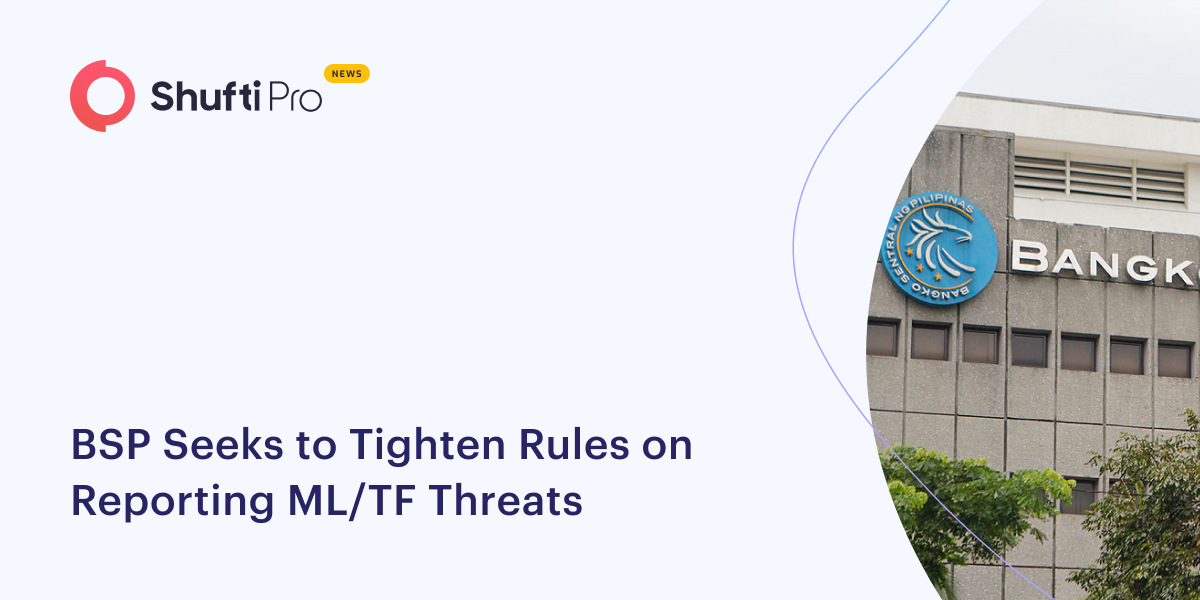 Explore More
Explore More
News
UAE and Egypt Collaborate to Fight Money Laundering and Terrorist Financing
UAE has signed MoU with Egyptian Money Laundering and Terrorist Financing Combating Unit to stren...
 Explore More
Explore More
News
Governor Bank of France to Propose Licencing for Crypto Firms
François Villeroy de Galhau, the Governor Bank of France, has passed more stringent regulatory pr...
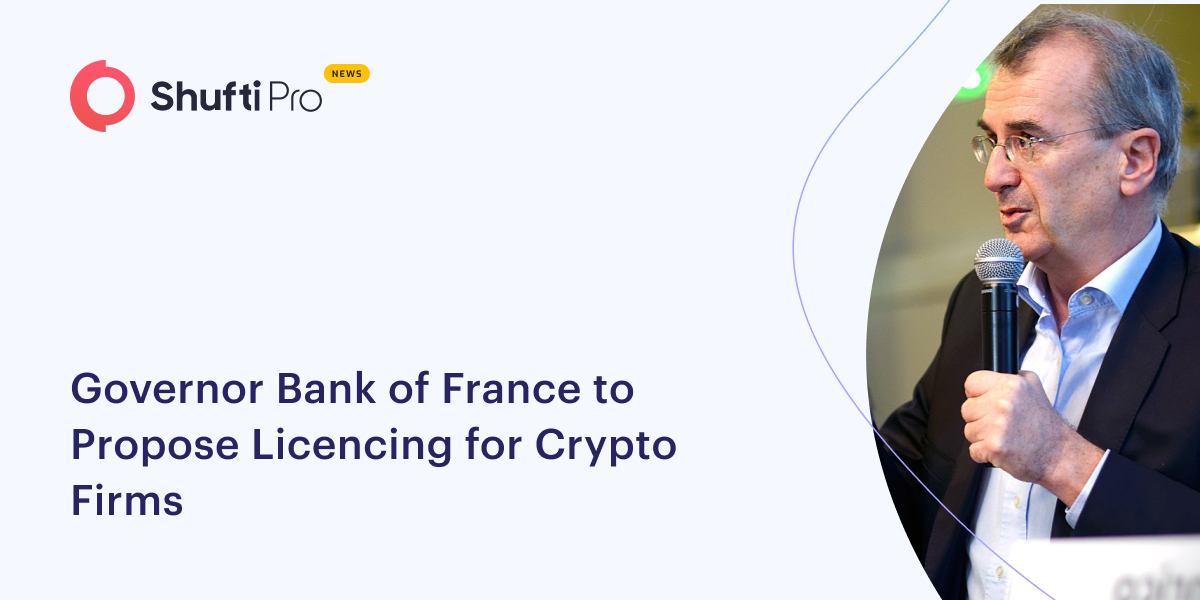 Explore More
Explore More
News
Brazil to Adopt Tougher Penalties to Curb Money Laundering via Digital Currencies
The fine for digital currency money laundering in Brazil is set to be raised to two-thirds of the...
 Explore More
Explore More
News
Hong Kong Licenses Crypto Exchanges, Limiting Services to Professional Investors
Digital currency exchanges in Hong Kong will be obliged to apply for a license prior to offering ...
 Explore More
Explore More
News
Netflix users targetted by scammers during COVID-19 outbreak
According to a security company, Scammers are increasingly using the likeness of online streaming...
 Explore More
Explore More
News
G20 Summit Agrees to Establish a Unified Global Crypto Framework to Prevent Digital Money Laundering
The G20 Summit signed to establish a global unified regulations framework to regulate digital tra...
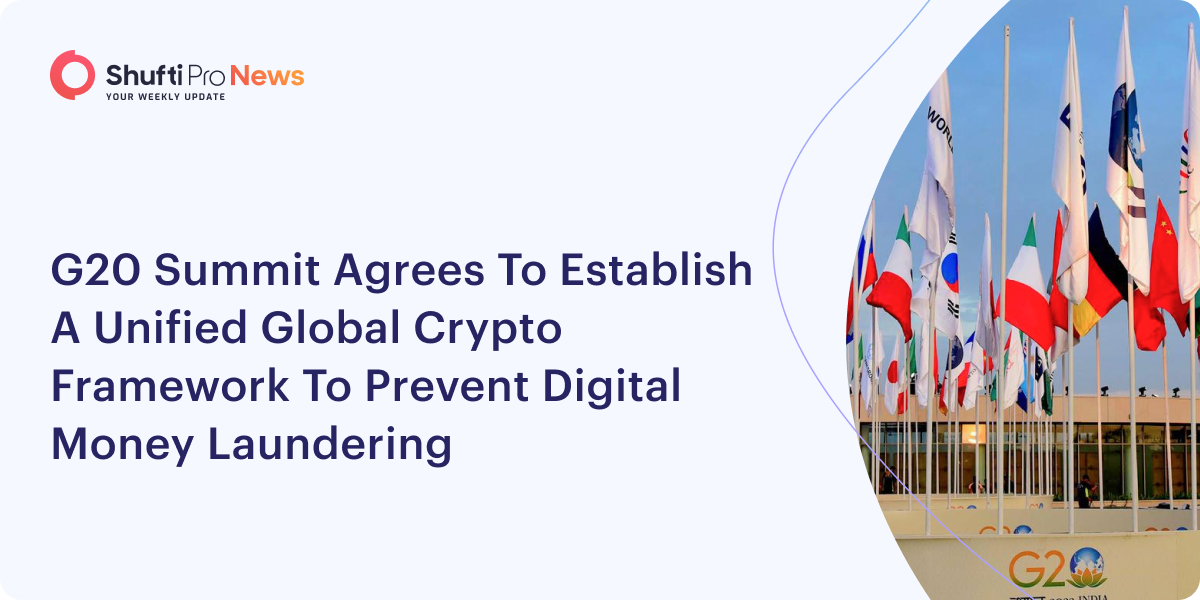 Explore More
Explore More
News
FMA Blacklists Krypto Security, Bay Exchange, and CTRL Investments Limited
New Zealand’s FMA has warned investors against services and products being offered by unauthorize...
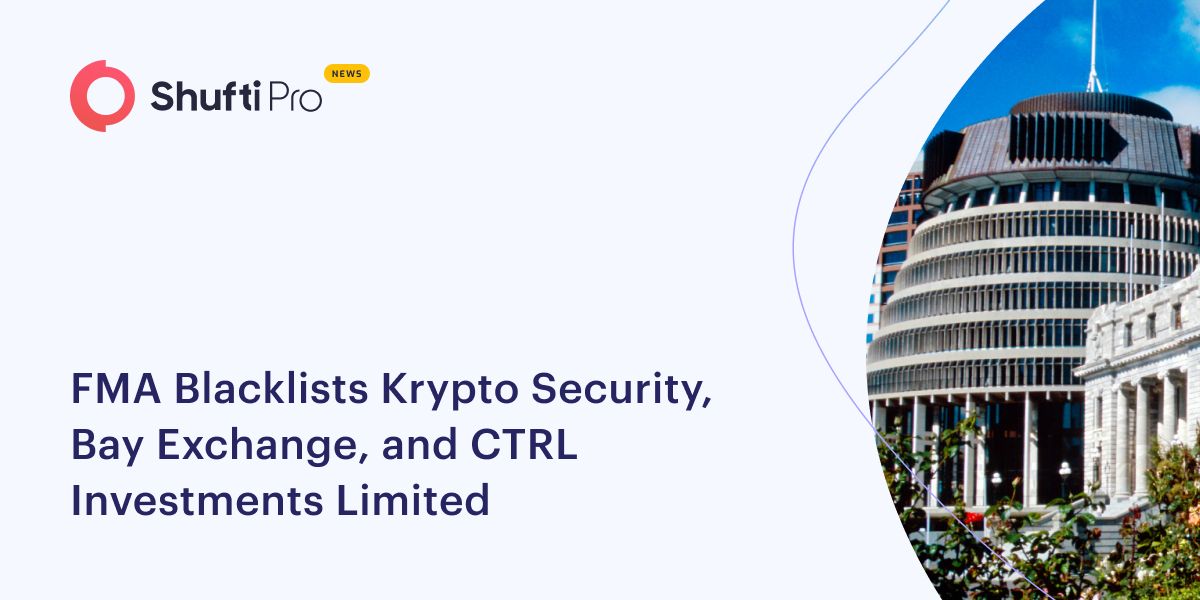 Explore More
Explore More
News
Bahrain sentences three money-laundering suspects to prison
Bahrain fined three suspects of $9 million and sentenced them to prison in the Future Bank case. ...
 Explore More
Explore More
News
Low-orbit internet banking fraud claim supposed to be a bunch of space junk
A case of supposed low-orbit digital banking fraud has taken a turn, with the US Attorney’s...
 Explore More
Explore More
News
BSP Warns Banks Against Auto Loan Fraud
According to BSP, organized crime groups are using fake identities to sell vehicles under fake li...
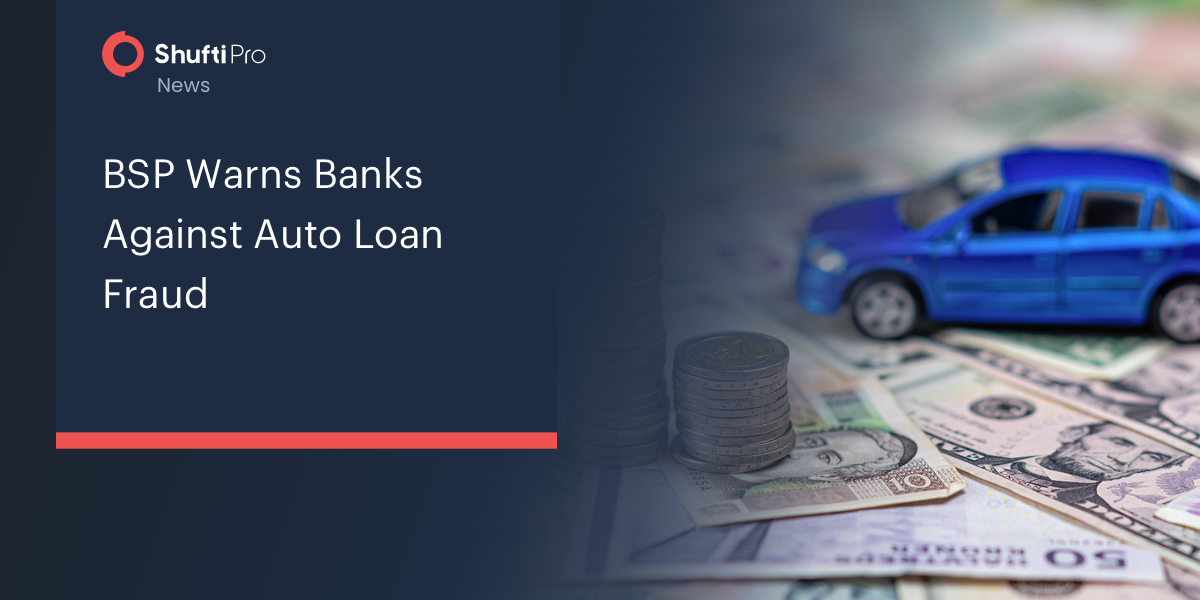 Explore More
Explore More
News
Shufti Relocates its London Office to Facilitate the Company Growth
March 2021, Shufti is pleased to announce the relocation of its London office to a larger and...
 Explore More
Explore More
News
EU Regulators Say Crypto Exchange Licenses Should be Revoked for Money Laundering
EU regulators have proposed that the licenses of crypto exchanges should be revoked in case of se...
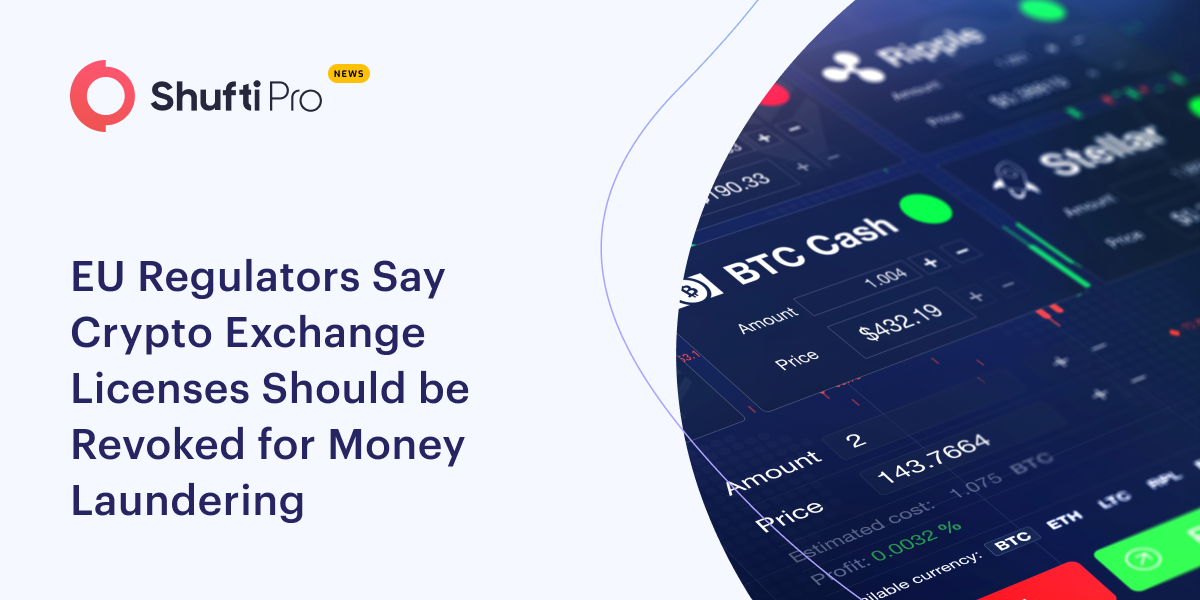 Explore More
Explore More
News
UN Warns of Increased Money Laundering Risk from Mekong Casinos
The UN officials claimed transnational criminal gangs are exploiting Southeast Asia’s gaming and ...
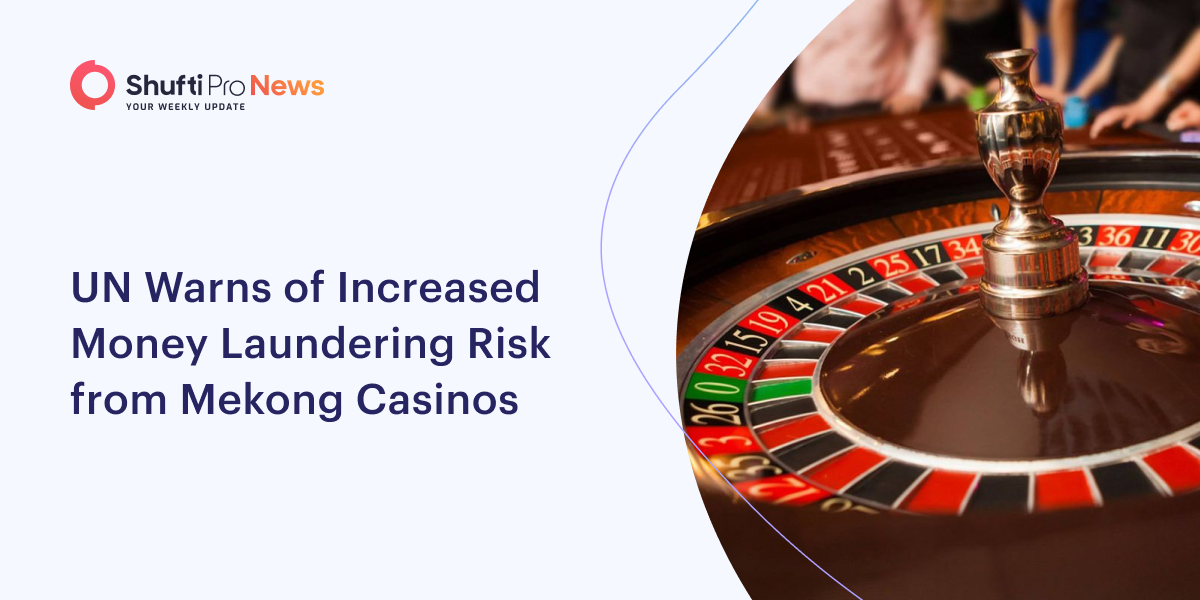 Explore More
Explore More
News
IRS Highlights Potential Risk of Fraud in NFTs and Cryptocurrencies
IRS highlights Non-Fungible Token (NFTs) and crypto as the potential risk of financial crimes, in...
 Explore More
Explore More
News
BNM Issues New Policy For Remote Corporate Customer Onboarding
BNM has issued a new policy document that permits MSBs to onboard customers remotely in the corpo...
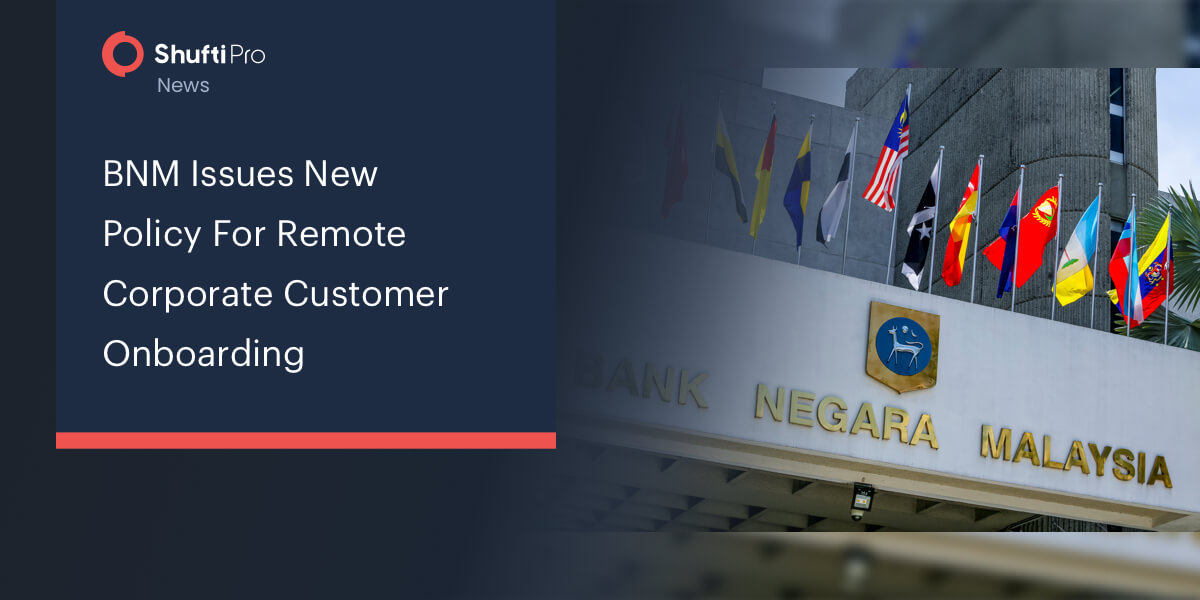 Explore More
Explore More
News
Identity Thieves on the Hunt for Universal Credit Payments
The UK’s Department for Work and Pension (DWP) has been warning people for not repaying for the b...
 Explore More
Explore More
News
Brazil’s financial regulator launches regulatory blockchain
The Banco Central do Brasil (BC) recently declared the launching of a new blockchain platform cal...
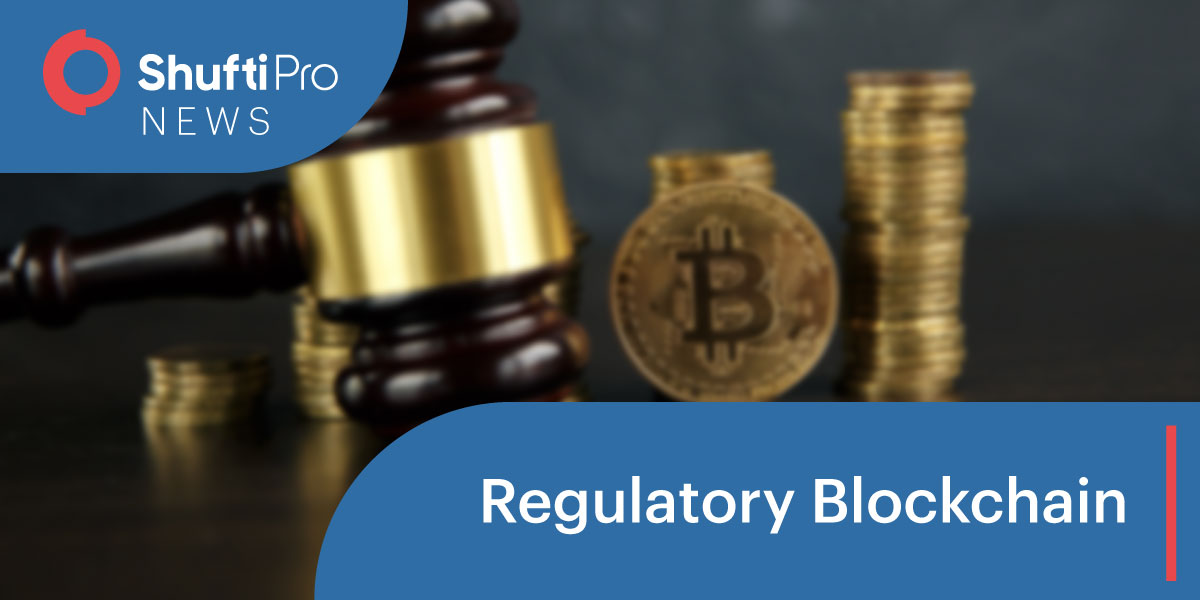 Explore More
Explore More
News
Australia DTA Consults on Upcoming “Trusted Digital Identity Bill”
The consultation will facilitate the Trusted Digital Identity Bill, making digital identity syste...
 Explore More
Explore More
News
Singapore Government Discloses Modified Regulatory Measures for Stablecoins
Singapore’s Central Bank has disclosed upgraded regulatory guidelines for stablecoins to keep cry...
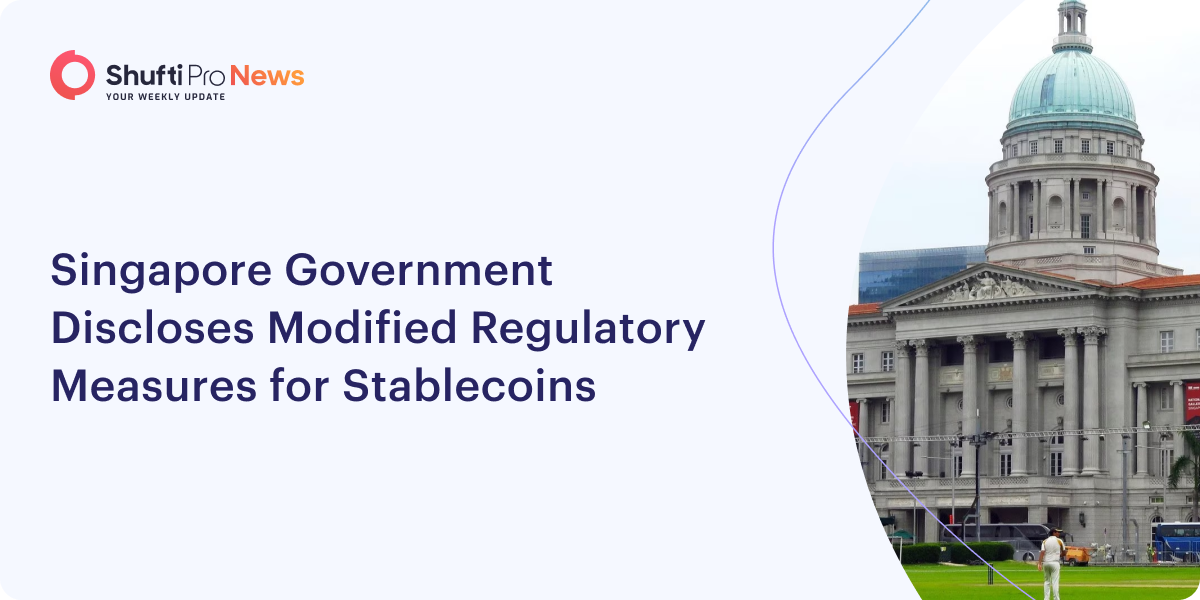 Explore More
Explore More
News
Moroccan Charity, Najiba Foundation, Faces Account Termination by ING Bank for AML Failures
Internationale Nederlanden Groep (ING) wants to terminate one of the largest Moroccan charity fou...
 Explore More
Explore More
News
SEC Charges $79 Million Penalties on Broker Companies for Deficiencies in Recordkeeping
The Security and Exchange Commission (SEC) has imposed $79 million worth of penalties on brokerag...
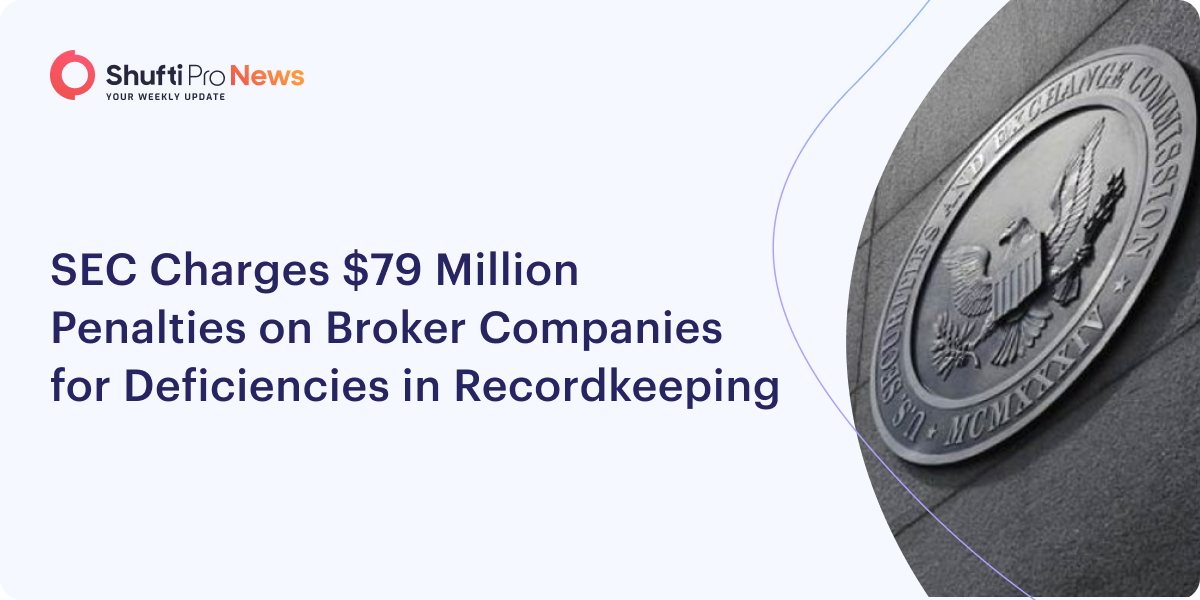 Explore More
Explore More
News
Swedish Legislators Propose an Increase in Money Laundering Penalties for the Gambling Industry
Legislators in Sweden will consider increasing penalties for gambling operators who violate the n...
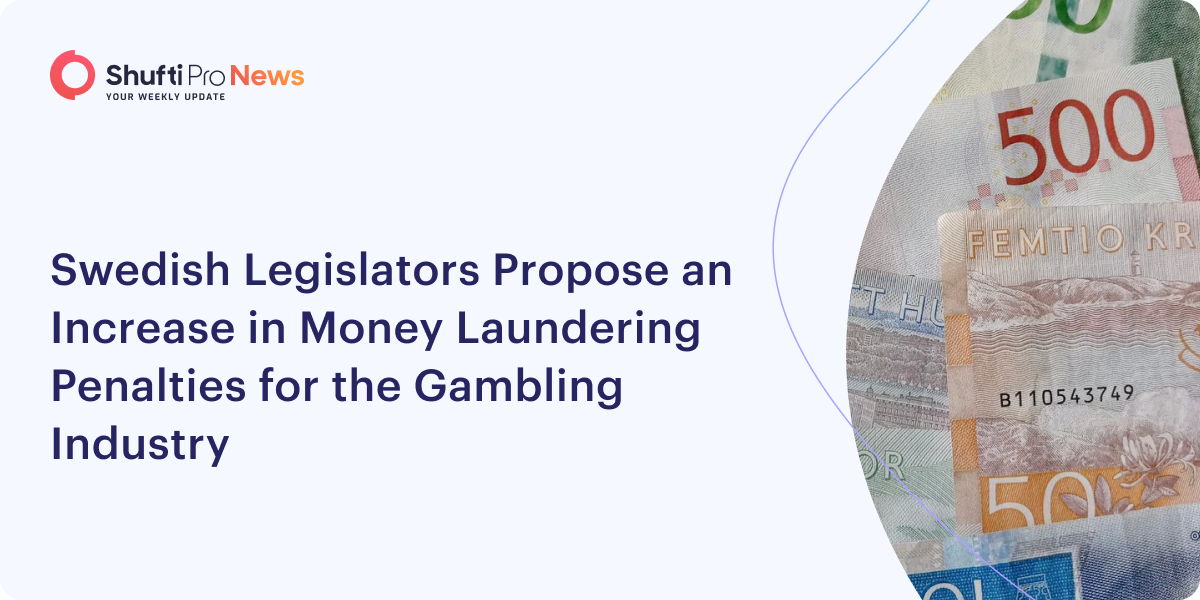 Explore More
Explore More
News
FATF Criticized Cash-Rich Germany Over Money Laundering Concerns
FATF dealt a blow to Germany’s reputation, which considered itself high regarding its reput...
 Explore More
Explore More
News
CBN Issues AML/CFT/CPF Guidelines for Licencing Banks and other Financial Institutions
The Central Bank of Nigeria (CBN) has issued guidelines to assist promoters of banks and other fi...
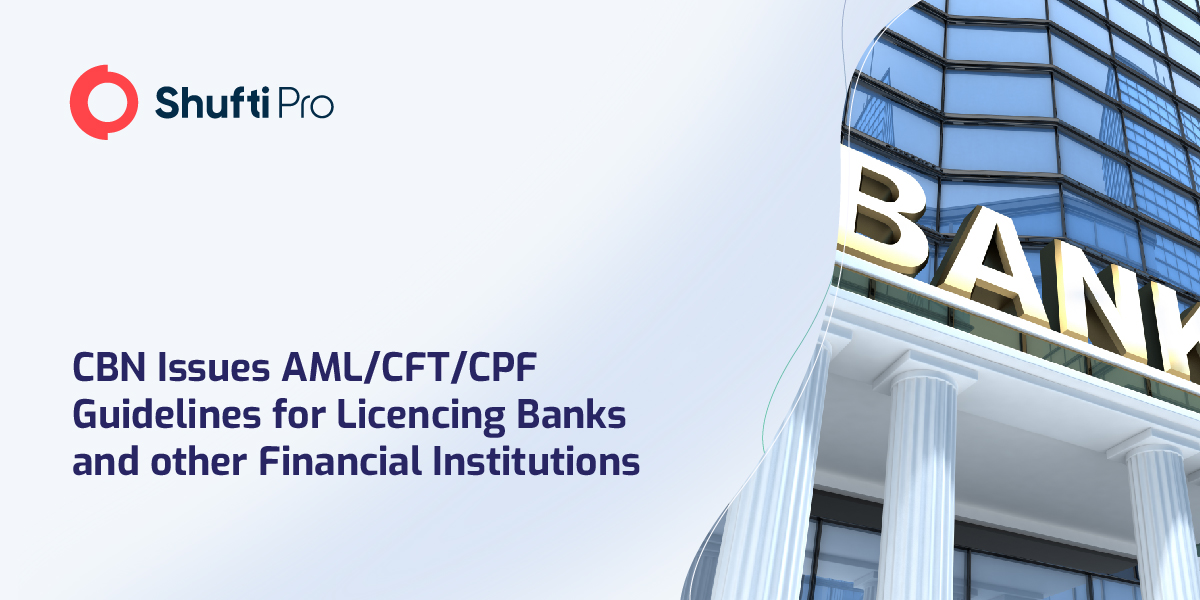 Explore More
Explore More
News
Brazil’s financial regulator launches regulatory blockchain
The Banco Central do Brasil (BC) recently declared the launching of a new blockchain platform cal...
 Explore More
Explore More
News
Star Entertainment Group Experiences $1.26B Loss after Money Laundering Investigation
Star Entertainment Group experienced a major loss of $1.26 billion during the first half of 2023,...
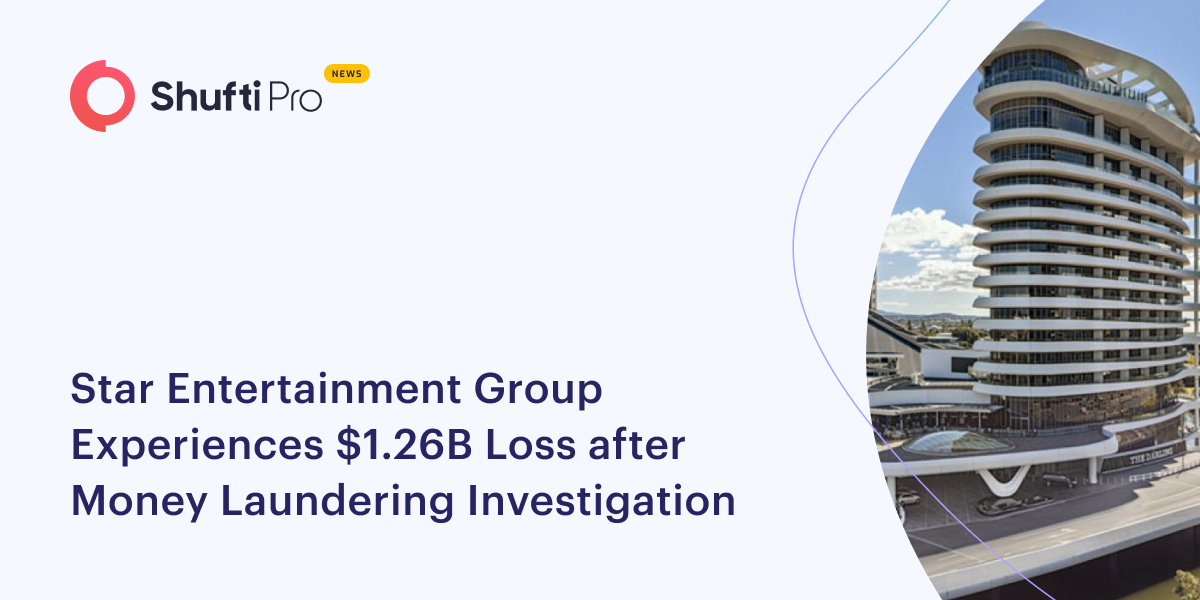 Explore More
Explore More
News
More than HK$8 Billion has been Laundered through Hong Kong Banks in 2020
Victims of online, phone and investment scams have been conned out of more than HK$8 billion (1.0...
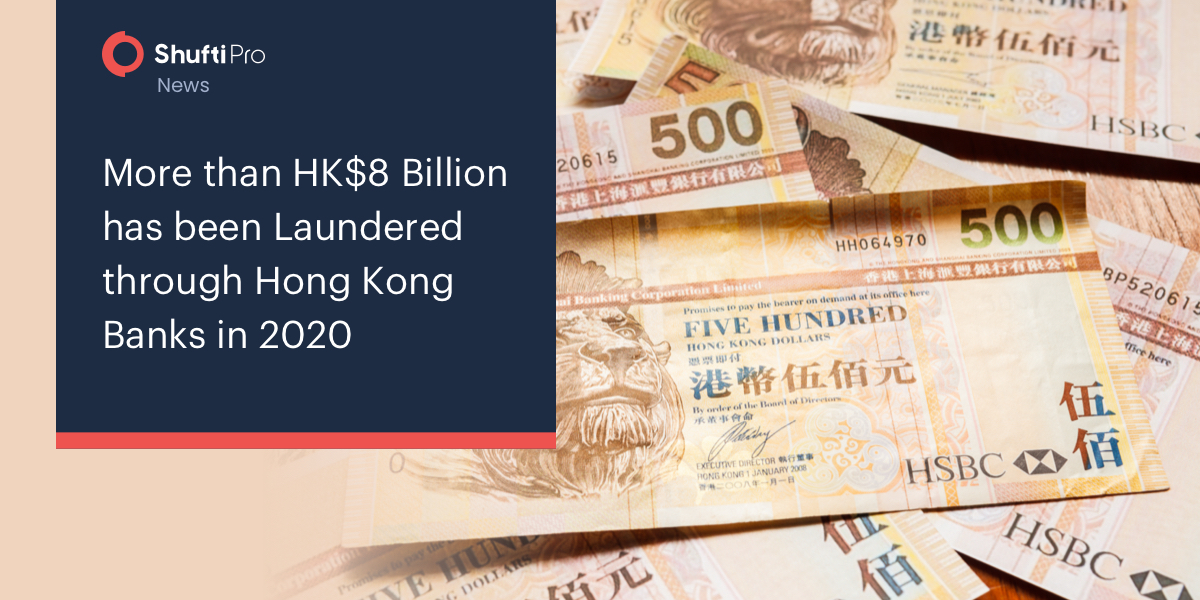 Explore More
Explore More
News
Deutsche Bank Pays $130M to Avoid Corrupt Payment Charges
Deutsche Bank, a German investment bank, has agreed to pay the fine of $130 million to settle the...
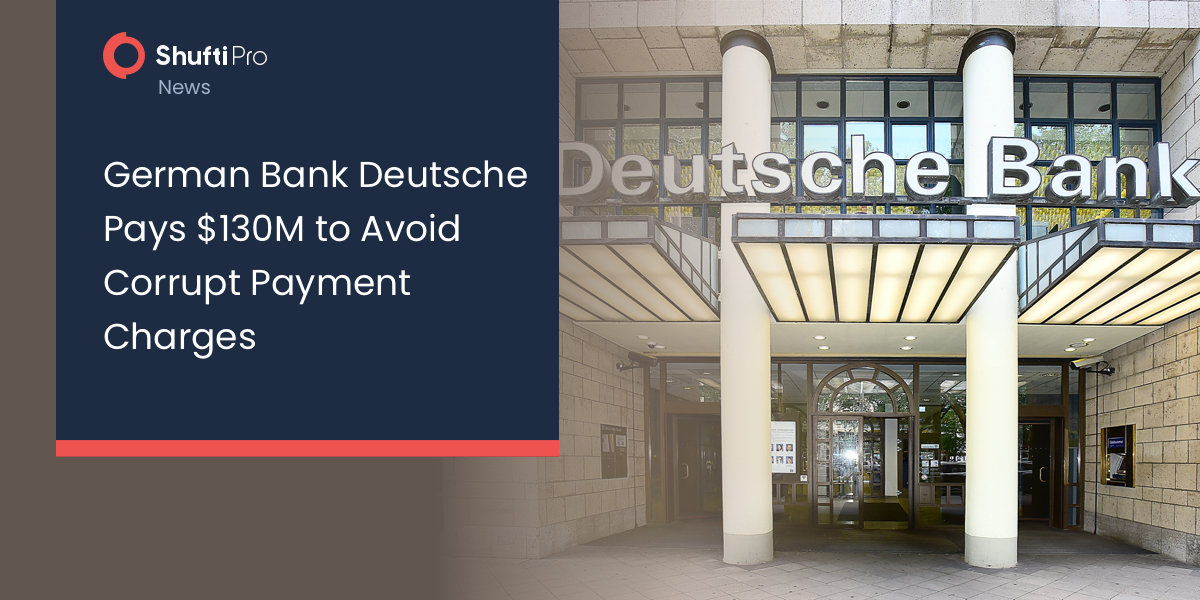 Explore More
Explore More
News
Unlisted Crypto Exchange, JPEX, Investigated for Criminal Charges by SFC
The Hong Kong Security and Futures Commission (SFC) warned an unlisted crypto exchange platform, ...
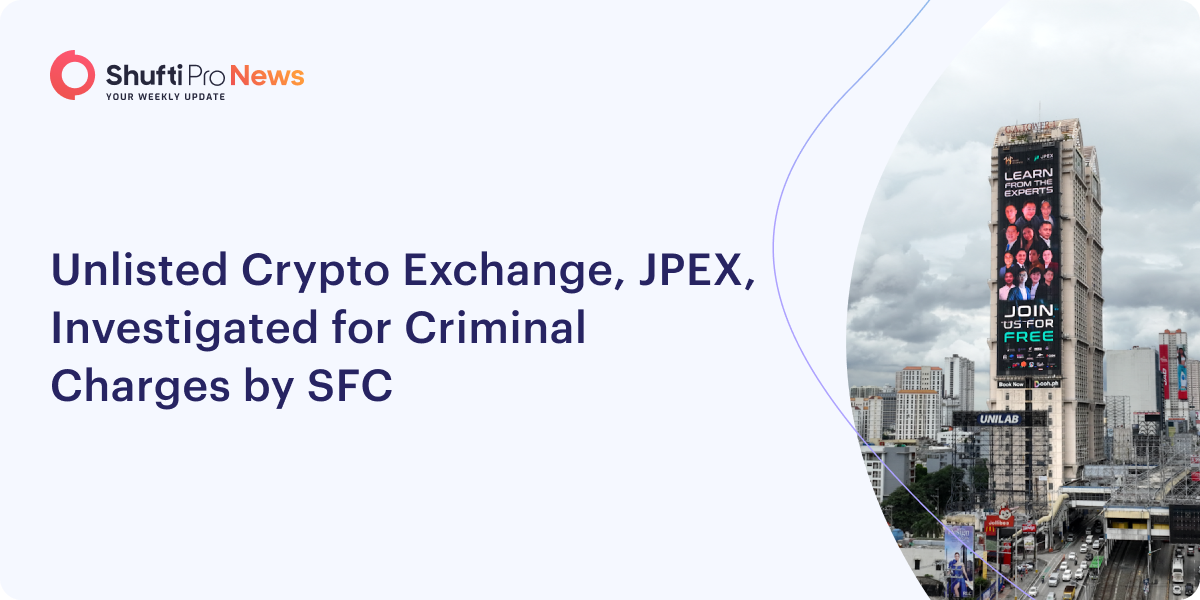 Explore More
Explore More
News
Blue Star Planet to Pay £620,000 for AML Failures Uncovered by Gambling Commission
Blue Star Planet which was trading as 10Bet to pay £620,000 ($746,716) after it was found guilty ...
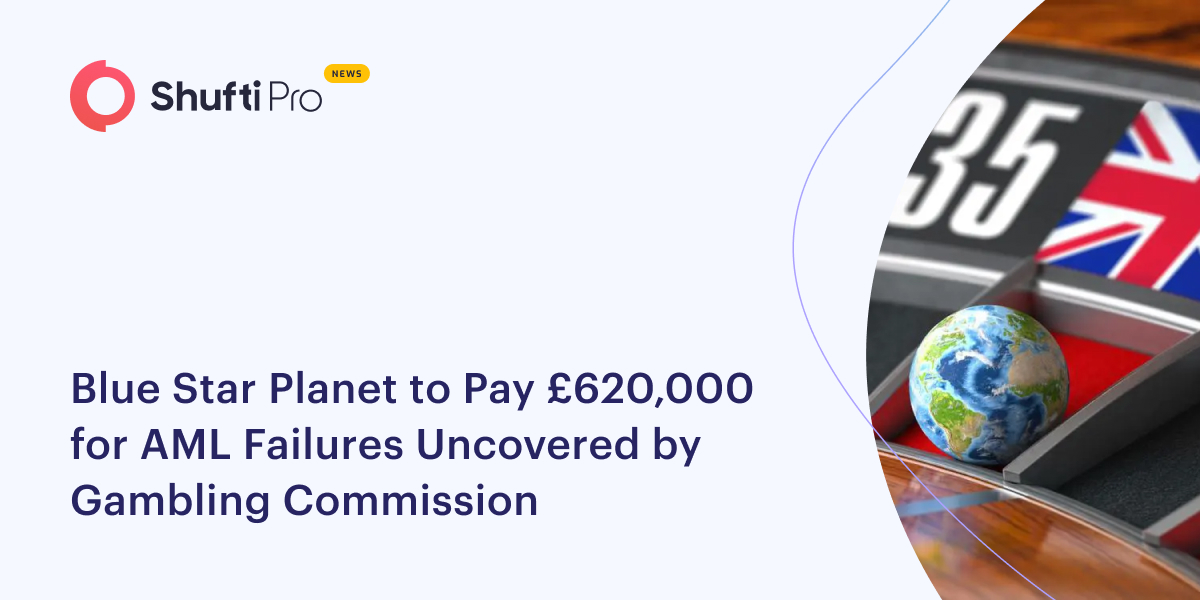 Explore More
Explore More
News
Swiss Govt. to Amend Banking Act for Press Freedom in Finance Sector
The Swiss Government has signaled to amend the banking act for press freedom in the finance secto...
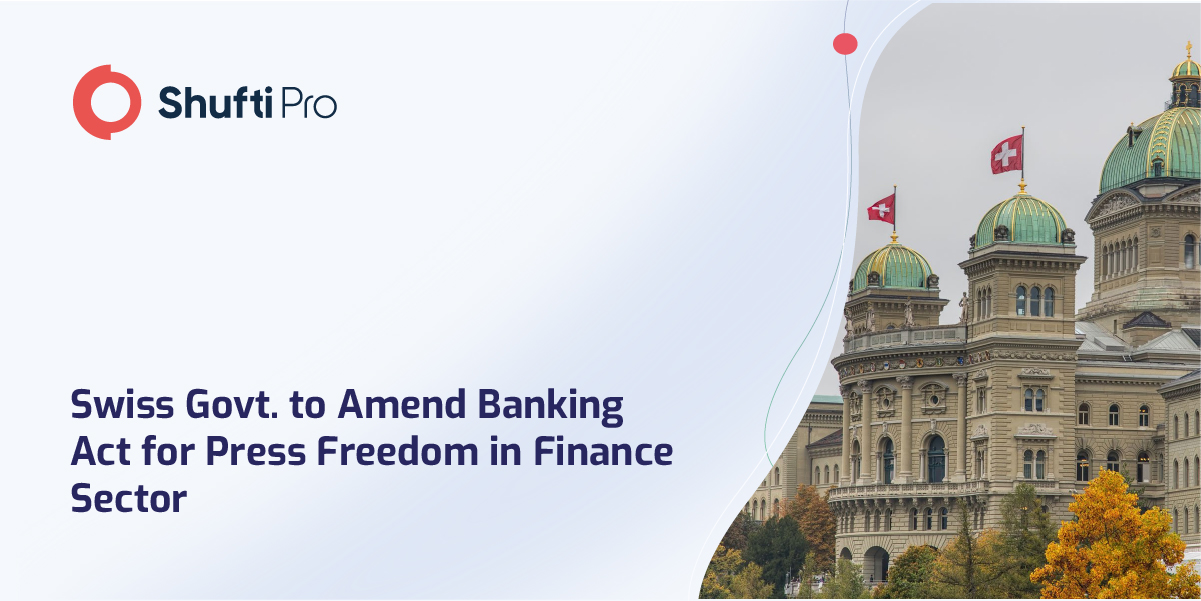 Explore More
Explore More
News
US to Form ‘Digital Asset Working Group’ to Clarify Crypto Regulations
The U.S financial regulators are to work collectively to develop modalities for explicit crypto r...
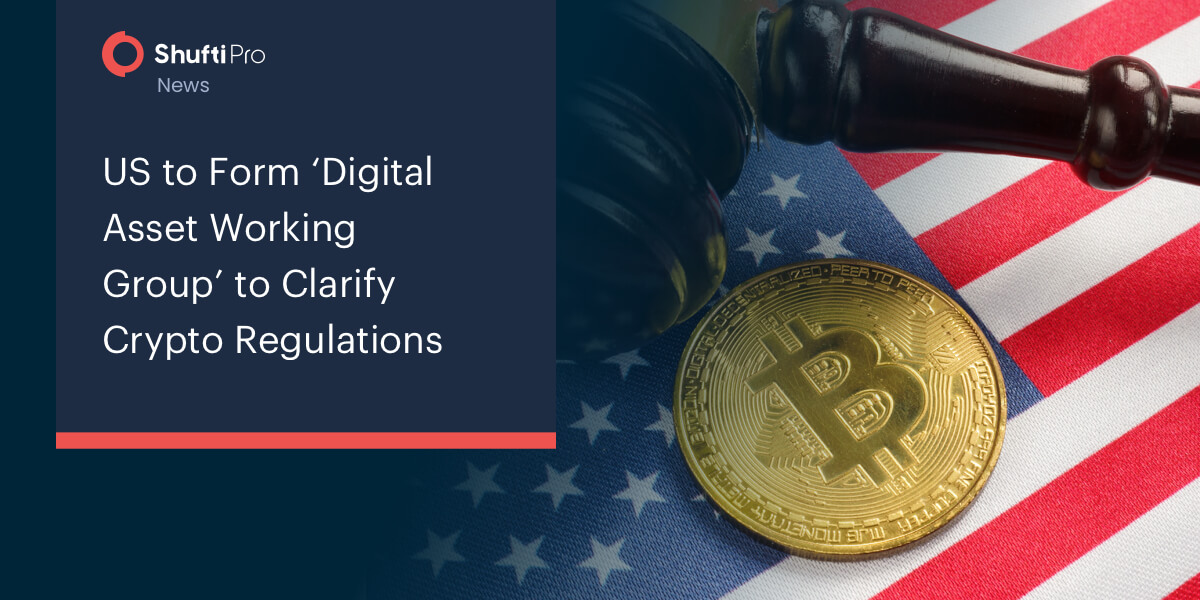 Explore More
Explore More
News
Swiss Court Seeks $45m Compensation in Credit Suisse Money Laundering Case
Federal prosecutors in Switzerland are seeking compensation of $45 million in the Credit Suisse m...
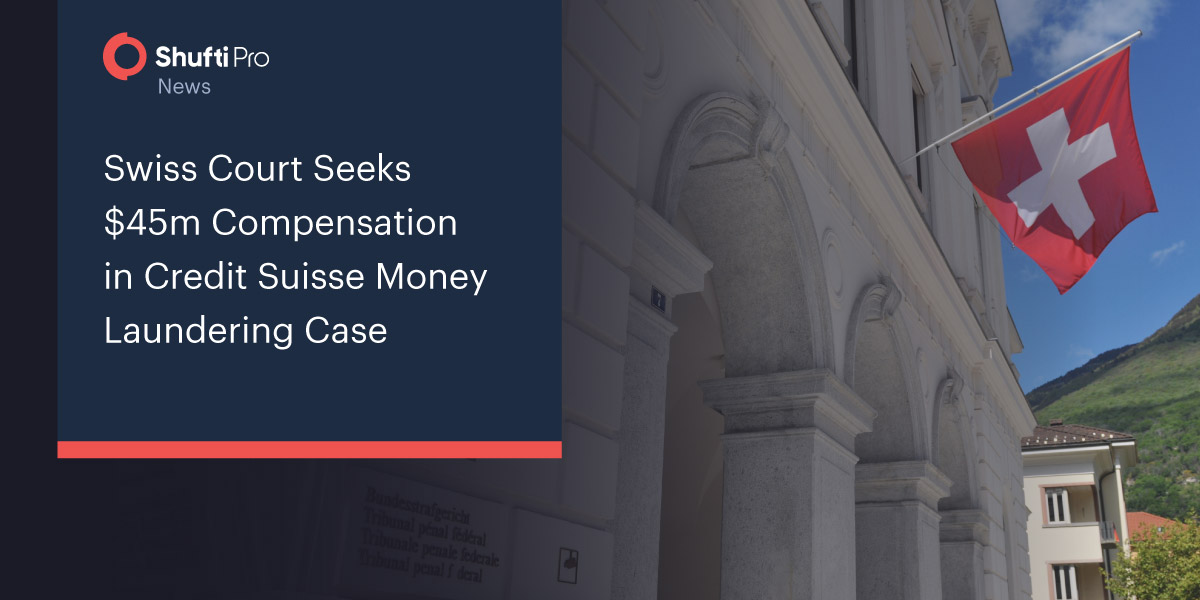 Explore More
Explore More
News
EU Lawmakers Propose New Bill to Combat Money Laundering through NFTs
Members of the European Parliament have proposed a new bill to increase scrutiny of the NFT and D...
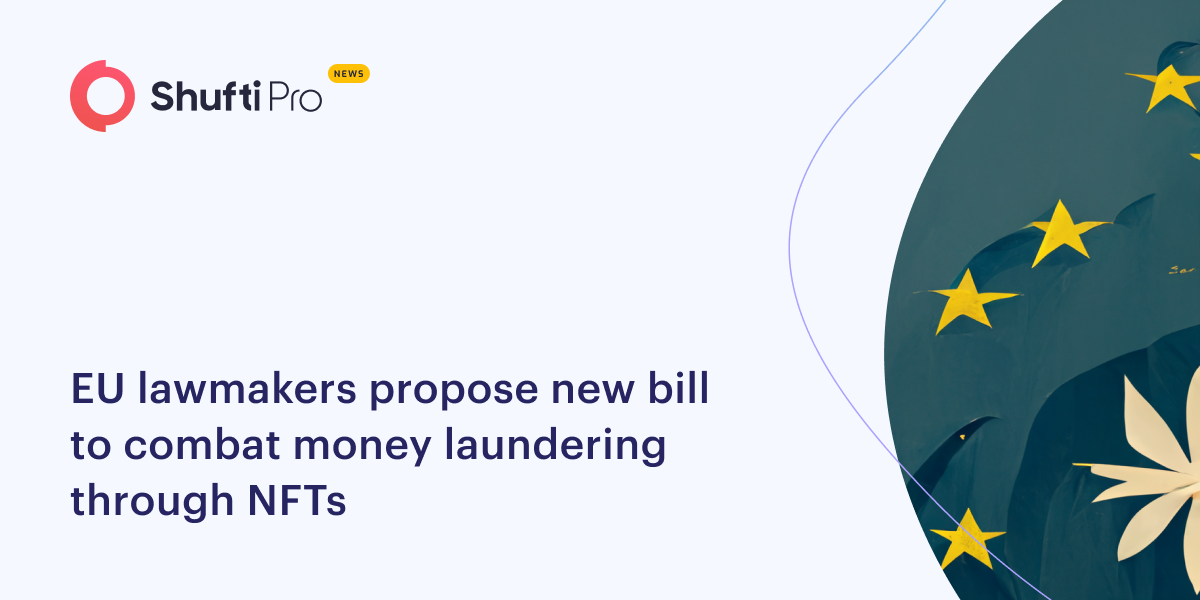 Explore More
Explore More
News
UK to Mandate the Declaration of Crypto Holdings in Self-Assessment Tax Return Forms
The UK government is looking to mandate the declaration of crypto holding in Self Assessment tax ...
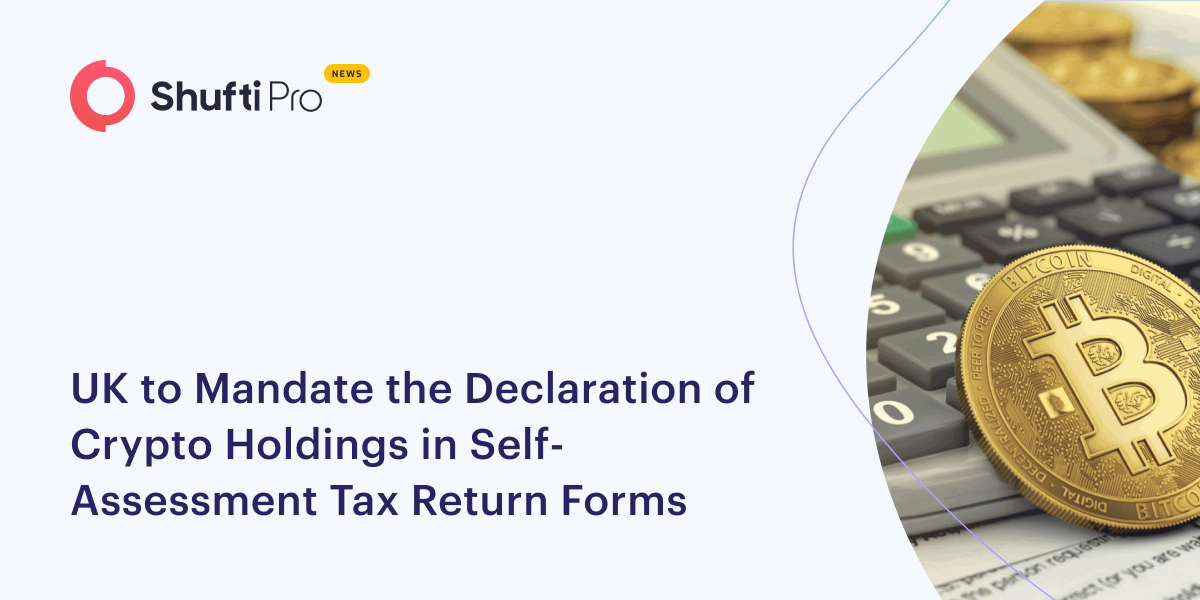 Explore More
Explore More
News
European Parliament Members Adopt New Recommendations to fight Tax Fraud and Money Laundering
The parliament members adopted a comprehensive set of regulations stemming from the previous reco...
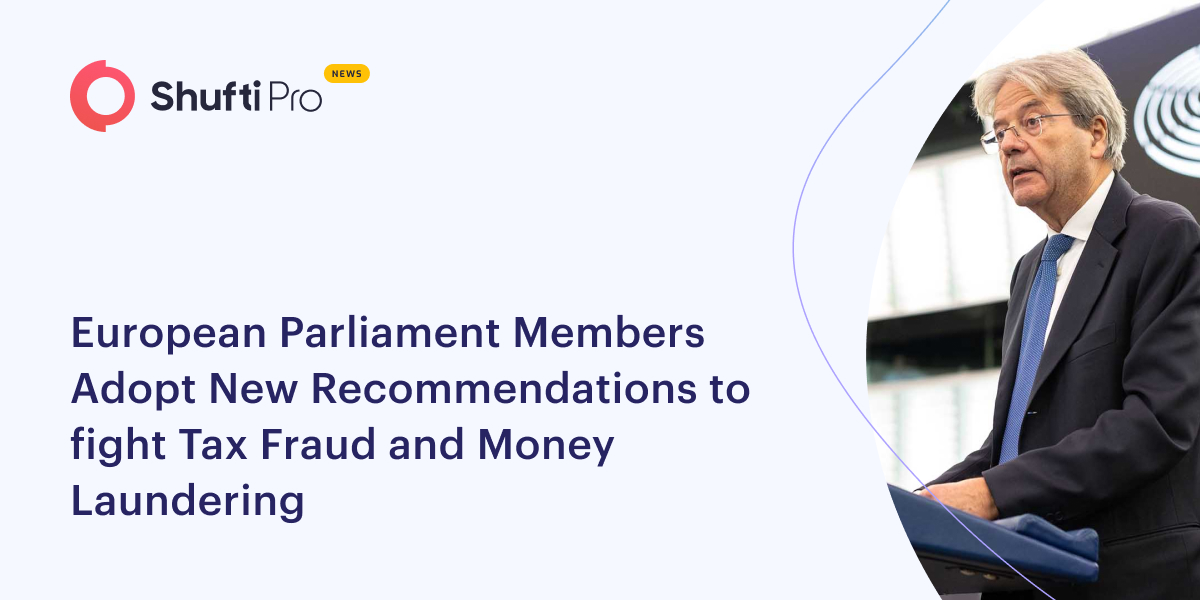 Explore More
Explore More
News
RSA Revamps Digital Payments with Industry-centric Regulations
The federal bank in South Africa re-regulated guidelines for performing card transactions between...
 Explore More
Explore More
News
Bitcoin scam exposes thousands to a data breach
Fraud websites have successfully stolen the personal records of a number of individuals from the ...
 Explore More
Explore More
News
Hong Kong Authorities Warn Unregistered Virtual Assets Platforms May Face Large Fines and Imprisonment
On August 7th, the Hong Kong Securities and Futures Commission (SFC) warned all platforms working...
 Explore More
Explore More
News
Americans Lose $3.82 Billion to Crypto and ‘Phantom Property’ Investment Scam
The American public is being alerted to the proliferation of fraudulent investment schemes. Crypt...
 Explore More
Explore More
News
US Officials Visit Iraq to Lessen Currency Crisis, Says Central Bank Governor
Iraq’s currency may get uplifted after the meeting between the US top treasury officer and the he...
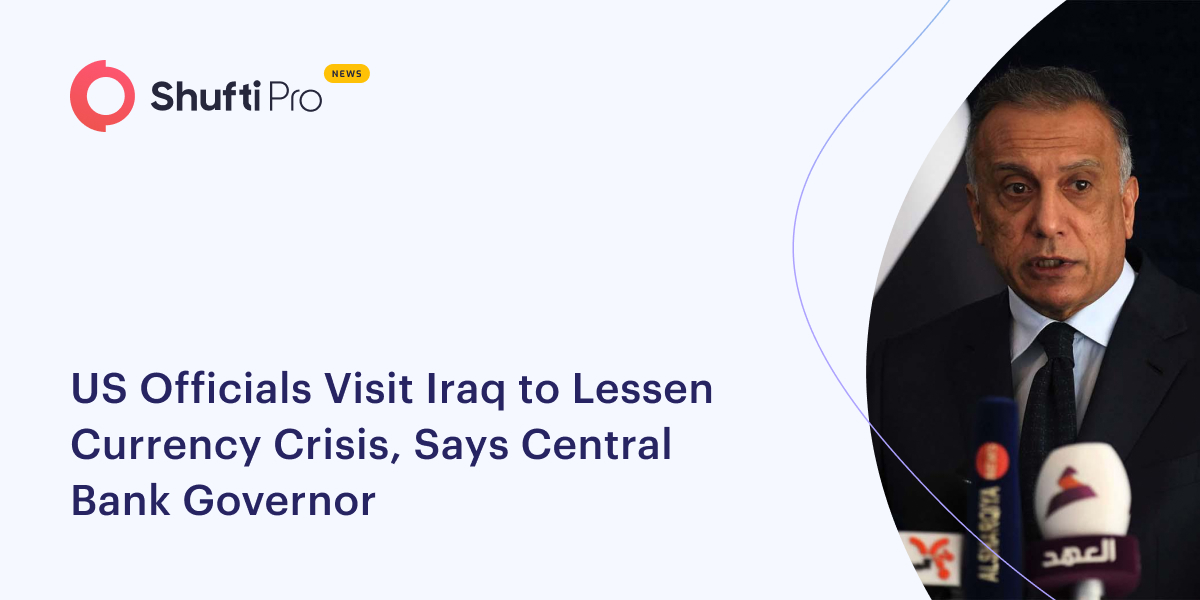 Explore More
Explore More
News
NY’s Attorney General Warns the Crypto Industry Against Illicit Activities
Letitia James, Newyork’s Attorney General, has sent a clear message to the entire crypto industry...
 Explore More
Explore More
News
Fiat is the Top Choice of Currency for Financial Criminals, Says US Treasury
The US Treasury Department has released a three-year report on money laundering and terrorist fin...
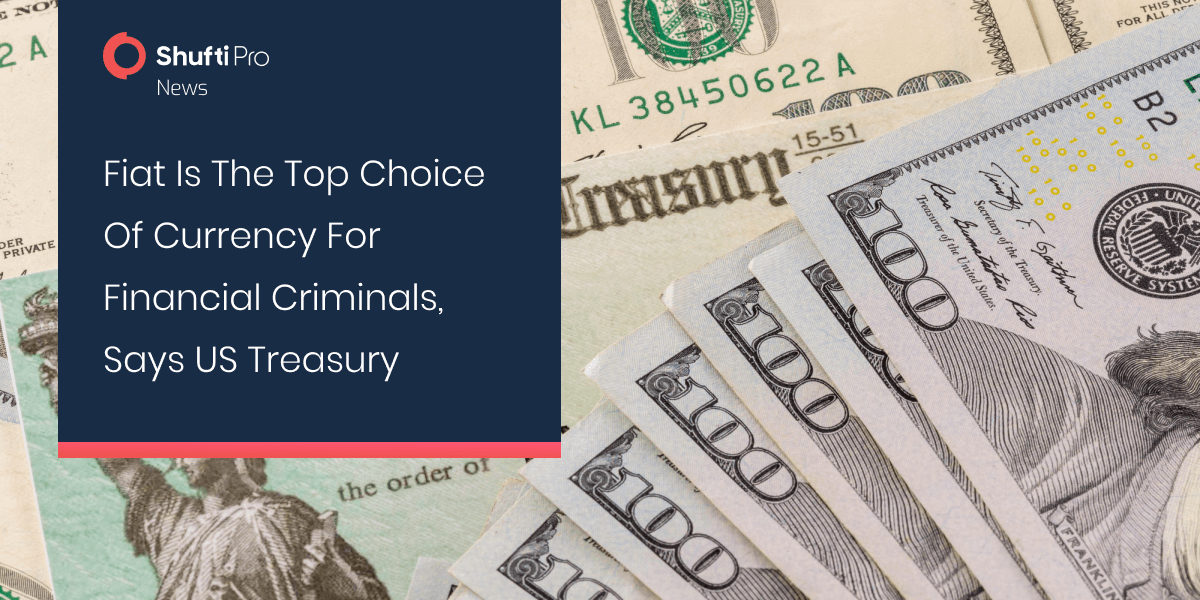 Explore More
Explore More
News
$8.6bn Lost to Cryptocurrency-based Money Laundering in 2021
‘The 2022 Crypto Crime Report’ by Chainalysis has revealed that a total of $8.6 billion was lost ...
 Explore More
Explore More
News
MAS Imposed a Fine of $375,000 on UOB Kay Hian For Business Conduct Compliance Failures
The Monetary Authority of Singapore (MAS) imposed a fine of S$375,000 on UOB Kay Hian, a brokerag...
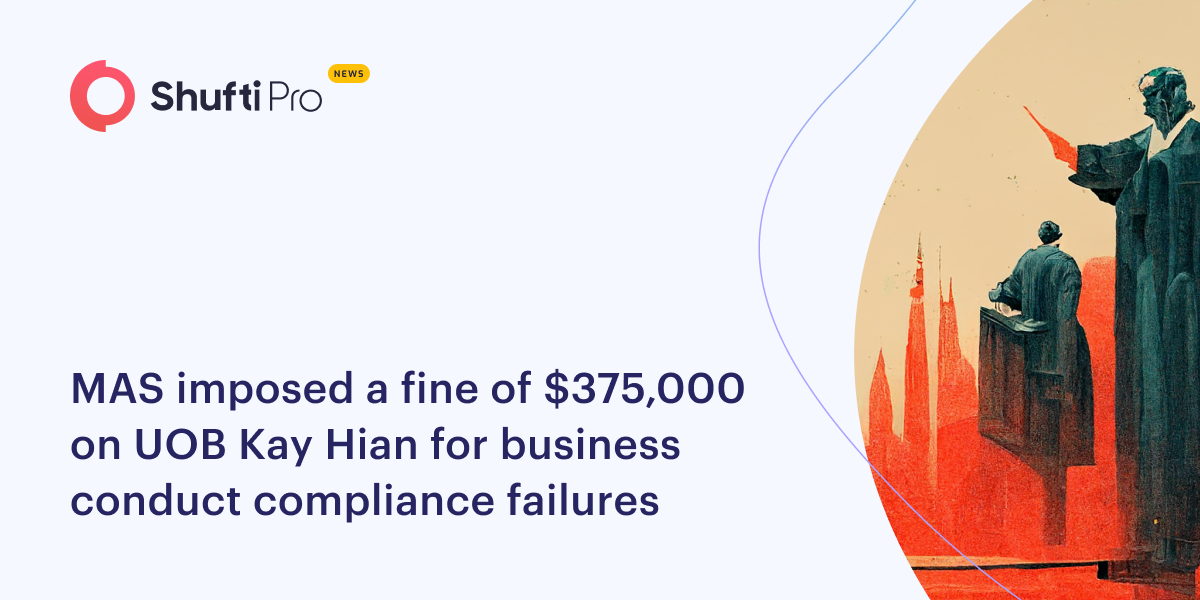 Explore More
Explore More
News
Singapore Passes Stringent Regulations to Clamp Down on Money Mules
Singapore has passed stringent regulations to clamp down on money mules and those who give contro...
 Explore More
Explore More
News
Rise in Fraud from COVID-19 Bounce Back Loan Scheme
Fraudsters are stealing the money around £400M from taxpayers in the UK through the support loans...
 Explore More
Explore More
News
Malta’s Justice Minister Ammends Legal Framework to Lighten Financial Crime Proceedings
Malta’s Justice Minister announces amendments in the court proceedings for financial crimes...
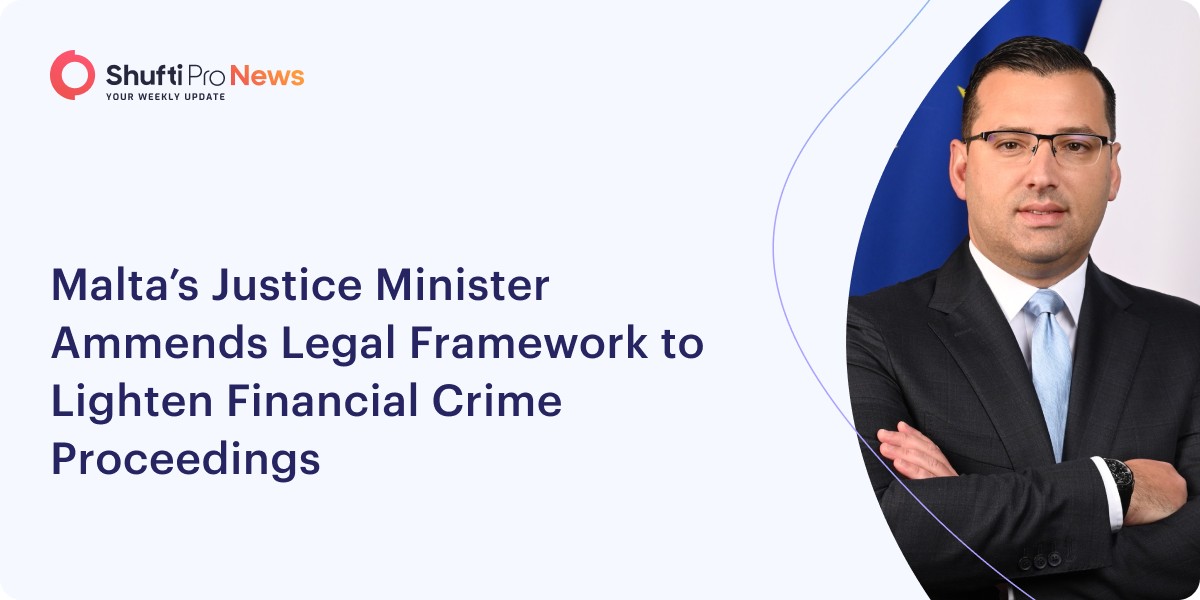 Explore More
Explore More
News
HKMA Issues Mandate to Encourage Innovation in AML/CFT
Hong Kong’s Monetary Authority is set to launch interactive lab sessions to experiment with innov...
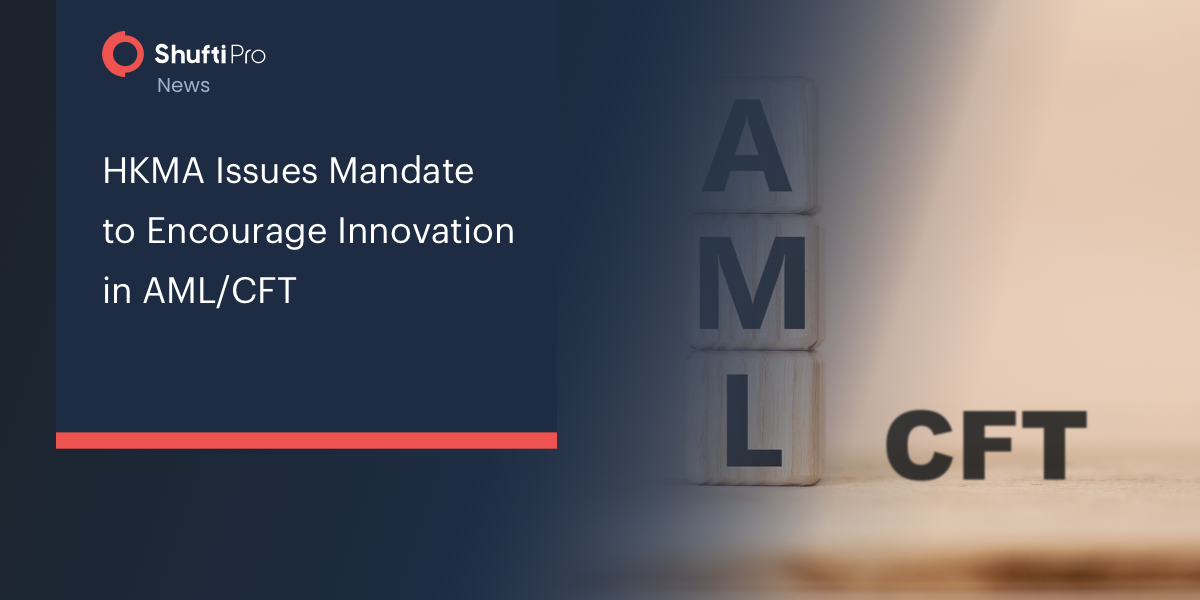 Explore More
Explore More
News
China Strengthens Anti-Money Laundering Rules for Financial Institutions
China has taken steps to improve financial institutions’ measures to combat money laundering by p...
 Explore More
Explore More
News
Fintrac Warns Casinos of Gamers Paying with Bank Drafts
Canada’s anti-money laundering agency is warning casinos to be cautious of customers who pay for ...
 Explore More
Explore More
News
Americans ‘work from home’ strategy present new targets for hackers
Coronavirus outbreak has forced organizations to let their employees work from home during the ou...
 Explore More
Explore More
News
Japan Remains Distrustful of Digital Yen Despite its CBDC Research
Japan’s Central Bank Launches research on the Central Bank Digital Currency but still remains uns...
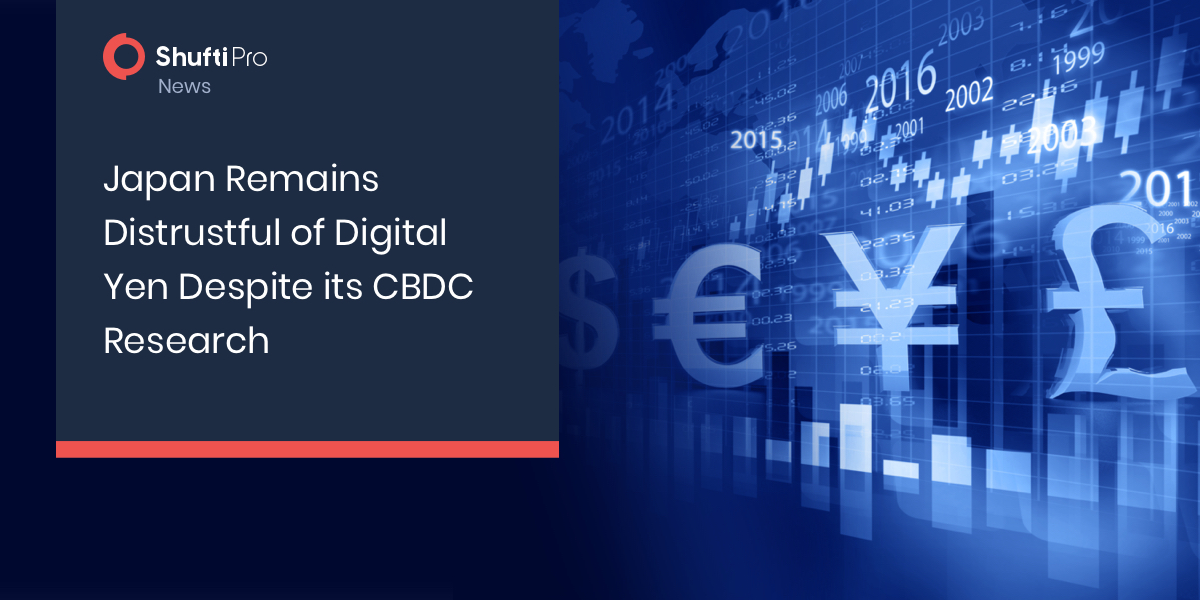 Explore More
Explore More
News
Zipmex Crypto Trading Platform Suspends All Activities in Thailand
Zipmex cryptocurrency exchange firm withdrew all activities in Thailand until 31st January 2024 t...
 Explore More
Explore More
News
The Czech Republic Government Amends Beneficial Ownership Law to Meet AML Obligations
The Czech Republic government revised Beneficial Ownership Law upon the European Commission’...
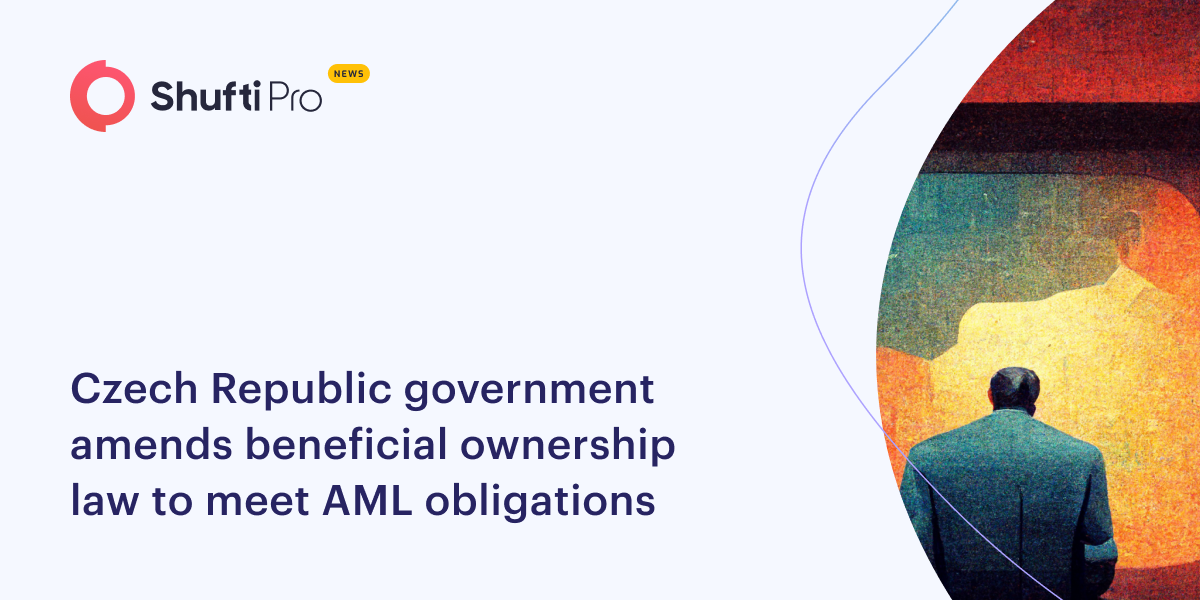 Explore More
Explore More
News
New Bitcoin scam hits Canada
According to a report, a supposed Bitcoin (BTC) scam is now targeting residents of Winnipeg, Cana...
 Explore More
Explore More
News
Hacker attempts to steal crypto via fake Google Chrome extensions
A hacker is exploiting trust in renowned brands by creating fake cryptocurrency wallet extensions...
 Explore More
Explore More
News
FATF Removes Malta From gray List of Untrustworthy Financial Jurisdictions
After one year of being included in the FATF grey list, the global action committee has voted Mal...
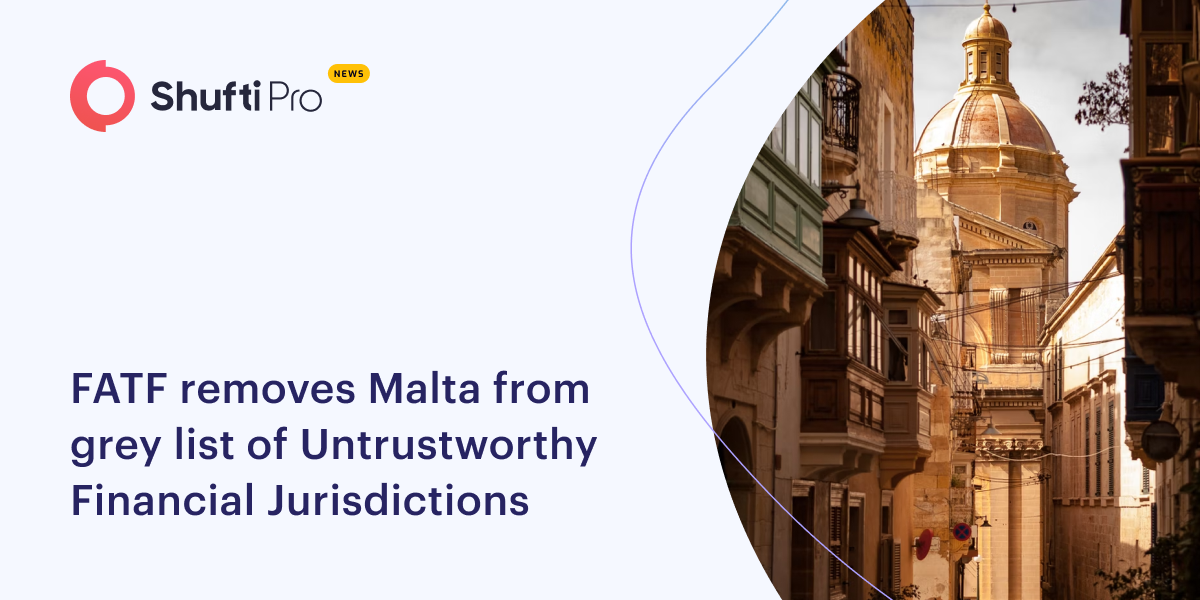 Explore More
Explore More
News
UAE to Revolutionize the Financial Regulatory Requirements
A new set of measures are being taken by the Ministry of Justice in the UAE to curb the money lau...
 Explore More
Explore More
News
Financial Watchdogs in Thailand Issue Strict KYC for New Crypto Accounts
The government in Thailand plans to eliminate anonymity in the new crypto account creation by enf...
 Explore More
Explore More
News
Hacker attempts to steal crypto via fake Google Chrome extensions
A hacker is exploiting trust in renowned brands by creating fake cryptocurrency wallet extensions...
 Explore More
Explore More
News
Governor Bank of France to Propose Licencing for Crypto Firms
François Villeroy de Galhau, the Governor Bank of France, has passed more stringent regulatory pr...
 Explore More
Explore More
News
The Nigerian Bar Association (NBA) Introduces Anti-Terrorist Financing, Anti-Money Laundering Laws
Lawyers in Nigeria are being instructed to follow anti-money laundering and terrorist financing l...
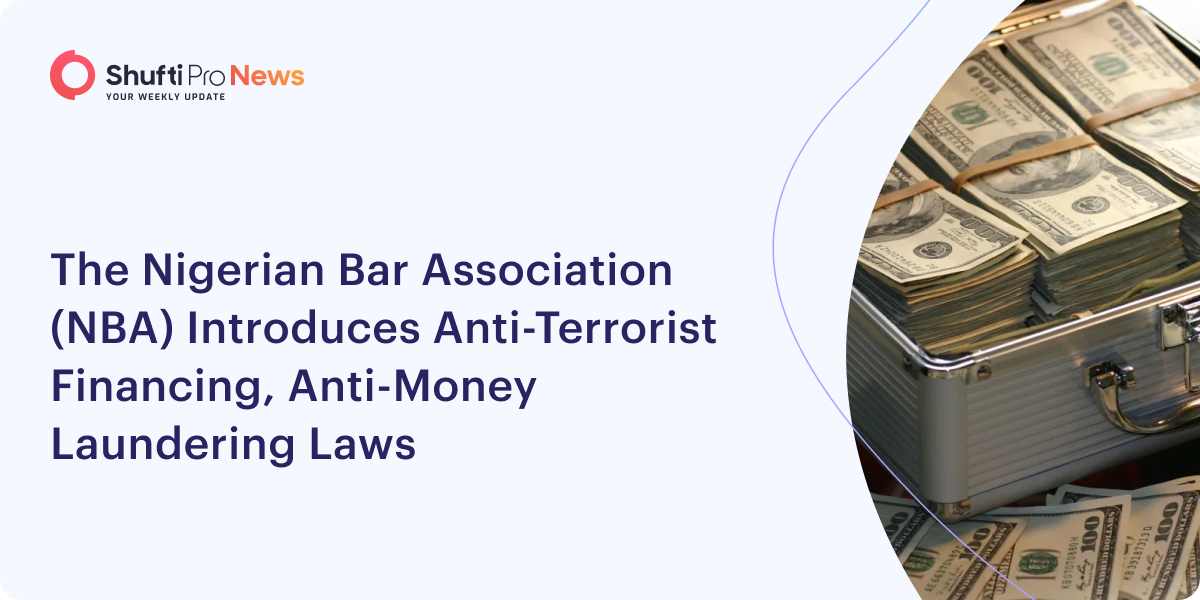 Explore More
Explore More
News
US Treasury Hits Bittrex with $53 Million Fine Over Sanctions Violations
The US Treasury Department has imposed a $53 million fine on Bittrex for violating sanctions and ...
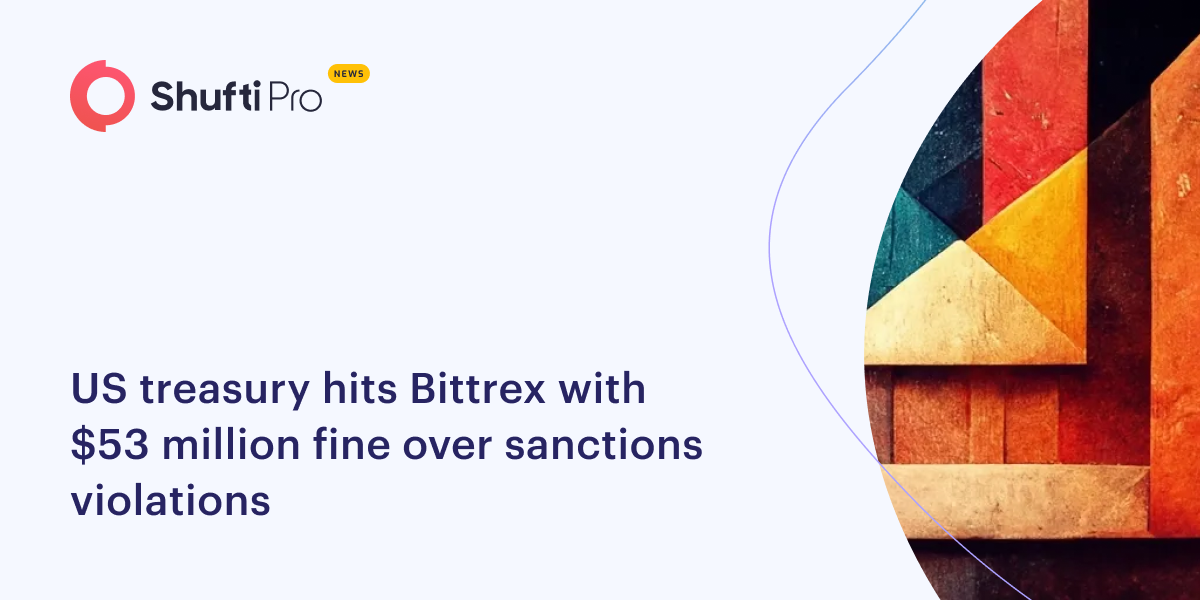 Explore More
Explore More
News
Singapore Authorities Investigates Bank’s Role in $1.8B Money Laundering Case
Singapore’s central bank started an investigation against banks involved in a $1.8b global wealth...
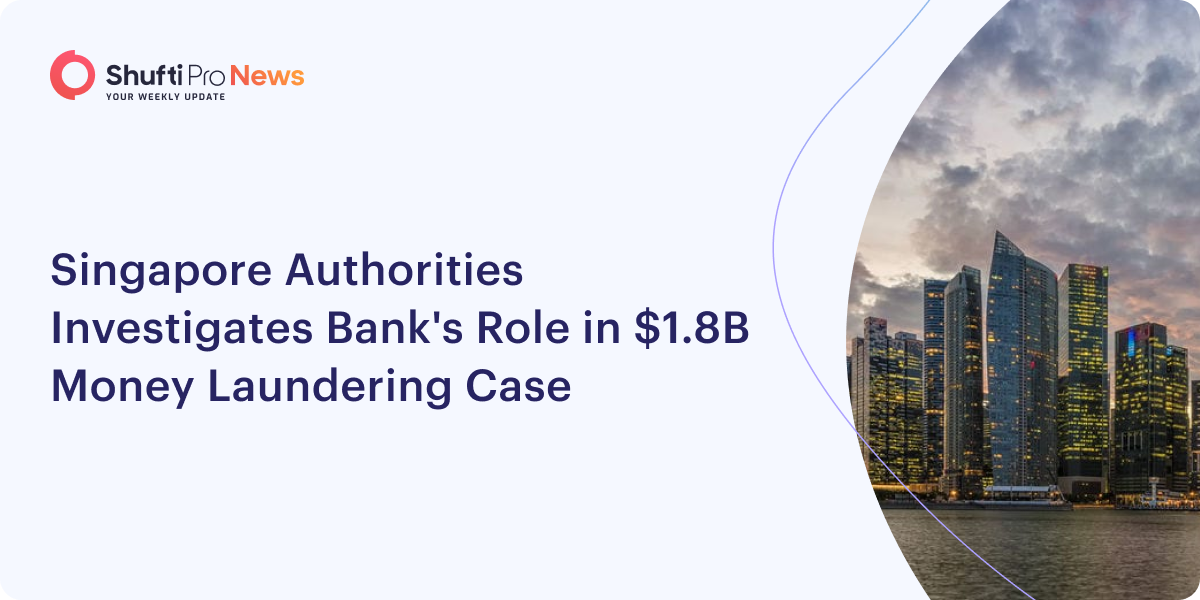 Explore More
Explore More
News
NFT Market Skyrockets to $44 Billion as Money Laundering Increases
The non-fungible token (NFT) market value has increased from $106 million in 2020 to $44 billion ...
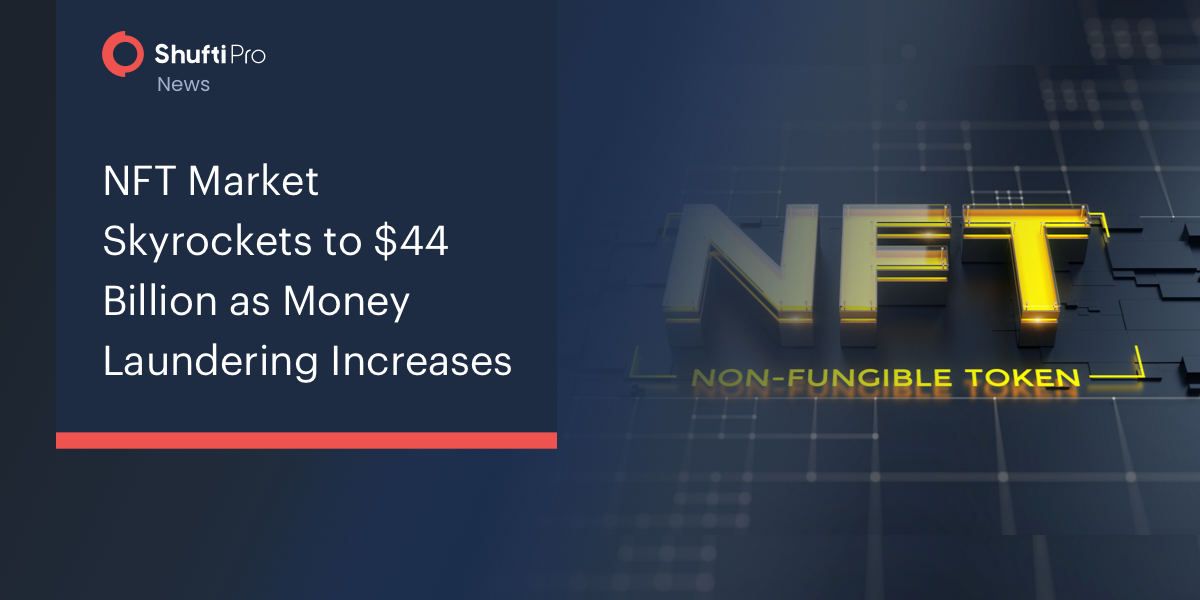 Explore More
Explore More
News
Economic uncertainty ‘a breeding ground for fraud and financial crime
The FATF has warned that the Coronavirus outbreak has caused unparalleled challenges in the econo...
 Explore More
Explore More
News
UAE: Virtual Asset Fraudsters to Face Imprisonment, Dh 1M Fine
Residents in the UAE have been advised to perform due diligence procedures prior to investing in ...
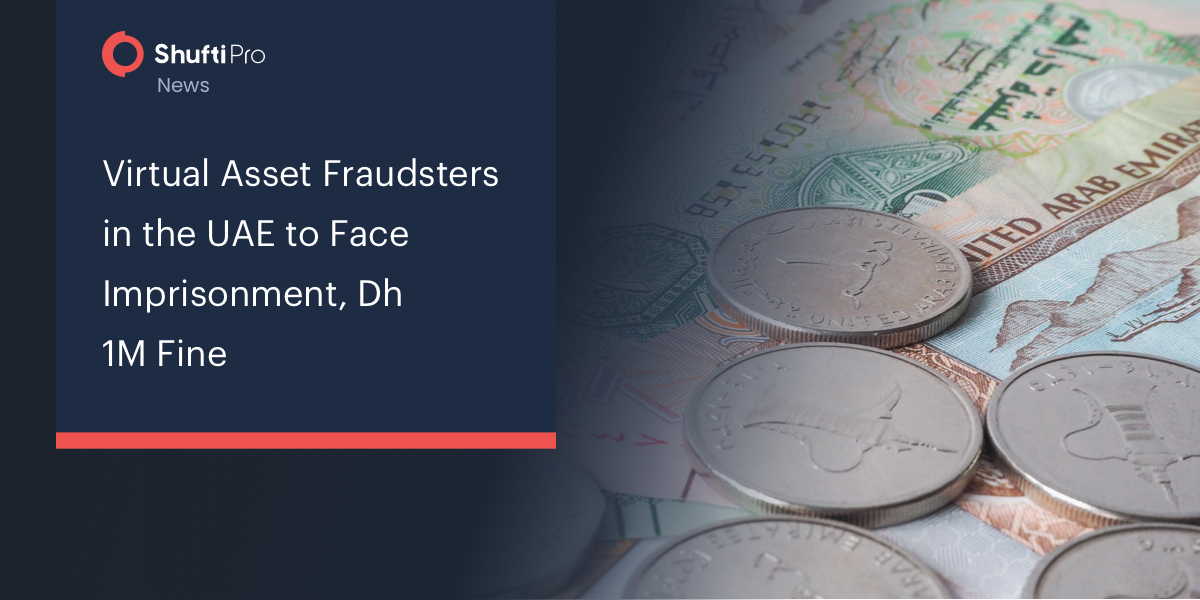 Explore More
Explore More
